As the US government’s antitrust case against Google nears its final stage, US District Judge Amit Mehta is weighing how emerging technologies like artificial intelligence should factor into a ruling that could reshape the future of online search.
During closing arguments on Friday, the judge repeatedly returned to a key question: How will generative AI transform competition in a market long dominated by Google?
The case, first filed in 2020 by the Department of Justice (DOJ), accuses Google of illegally maintaining a monopoly in general internet search through practices like default placement deals and exclusive contracts with device manufacturers. With the court having already found Google liable, the focus has shifted to potential remedies — and how AI complicates the picture.
Google’s defense maintains that users and partners choose its services because of their quality, not coercion. The company also argues that newer generative AI platforms like OpenAI’s ChatGPT or Perplexity AI don’t fall into the same category as traditional search engines, and therefore shouldn’t influence the case’s outcome.
“They are not general search engines… they are something else,” said Google attorney John Schmidtlein.
Judge Mehta challenged both sides to clarify where AI fits in the evolving search landscape. He questioned whether any new players — powered by AI — could realistically challenge Google’s entrenched position. The DOJ responded that while tools like OpenAI are not yet direct substitutes for general search, that could change rapidly.
The timing of this case has heightened its impact. Since the lawsuit began, Google has moved aggressively into AI, introducing features like “AI Mode” — a chatbot-like interface for answering search queries — and expanding its Gemini AI across devices through partnerships with companies like Samsung and Motorola. According to court testimony, Google is negotiating with Apple to include Gemini within iOS search functions as well.
The DOJ’s proposed remedies are sweeping. They include forcing Google to divest its Chrome browser, preventing it from paying to be the default search provider on devices, and requiring the company to share search data with competitors. DOJ lawyers argue these steps are necessary to prevent Google from leveraging its dominance into the AI space.
A DOJ official told reporters that Chrome is integral to Google’s search dominance, noting that about 30% of US search queries flow through the browser.
“There’s sufficient evidence there for a Chrome divestiture,” the official said, calling it a logical remedy given the court’s finding of liability.
Google, by contrast, has proposed narrower remedies, such as modifying some of its agreements with Apple and Mozilla to allow more competition. The company plans to appeal the ruling and argues that the government’s proposed measures would cause unnecessary harm to its business and to partners like Apple, which receives an estimated $20 billion annually from Google for making it the default search engine in Safari.
Analysts suggest Judge Mehta’s ruling — expected in August — could have lasting implications for how dominant platforms integrate AI and how courts evaluate emerging tech markets.
“A formidable question that hovers over the entire proceeding is how should the judge take account of emerging developments and the technology that affect the fortunes of all of these companies,” said William Kovacic, a former chair of the Federal Trade Commission.
With input from Axios and the Washington Post.
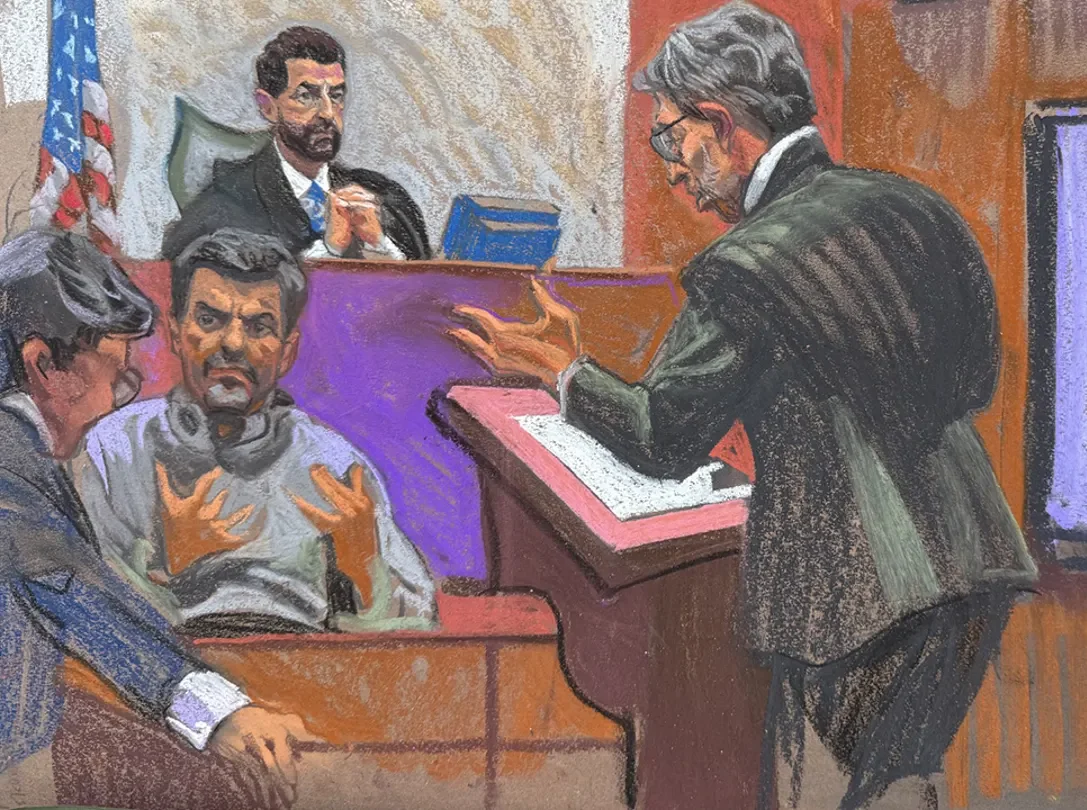
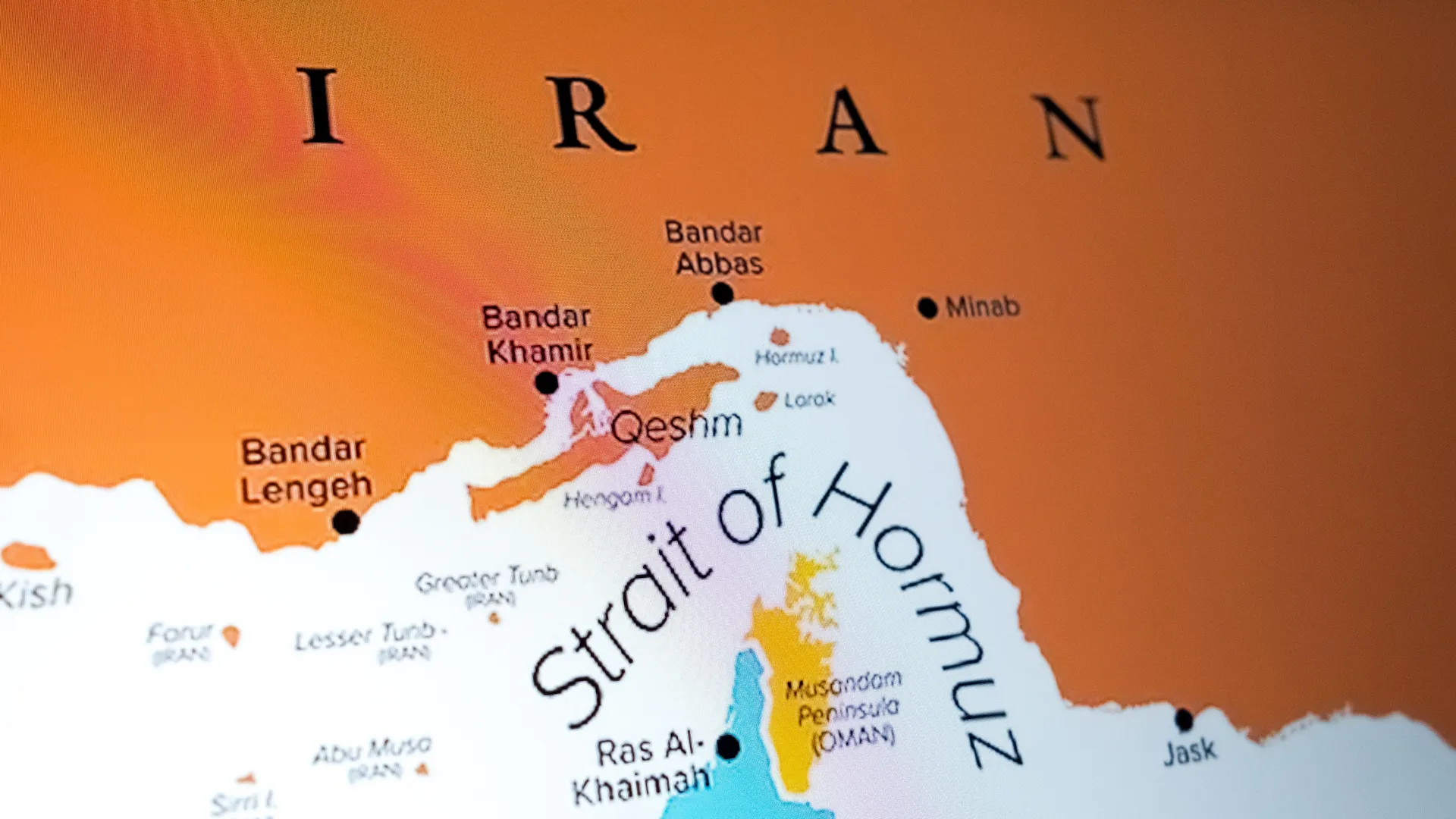

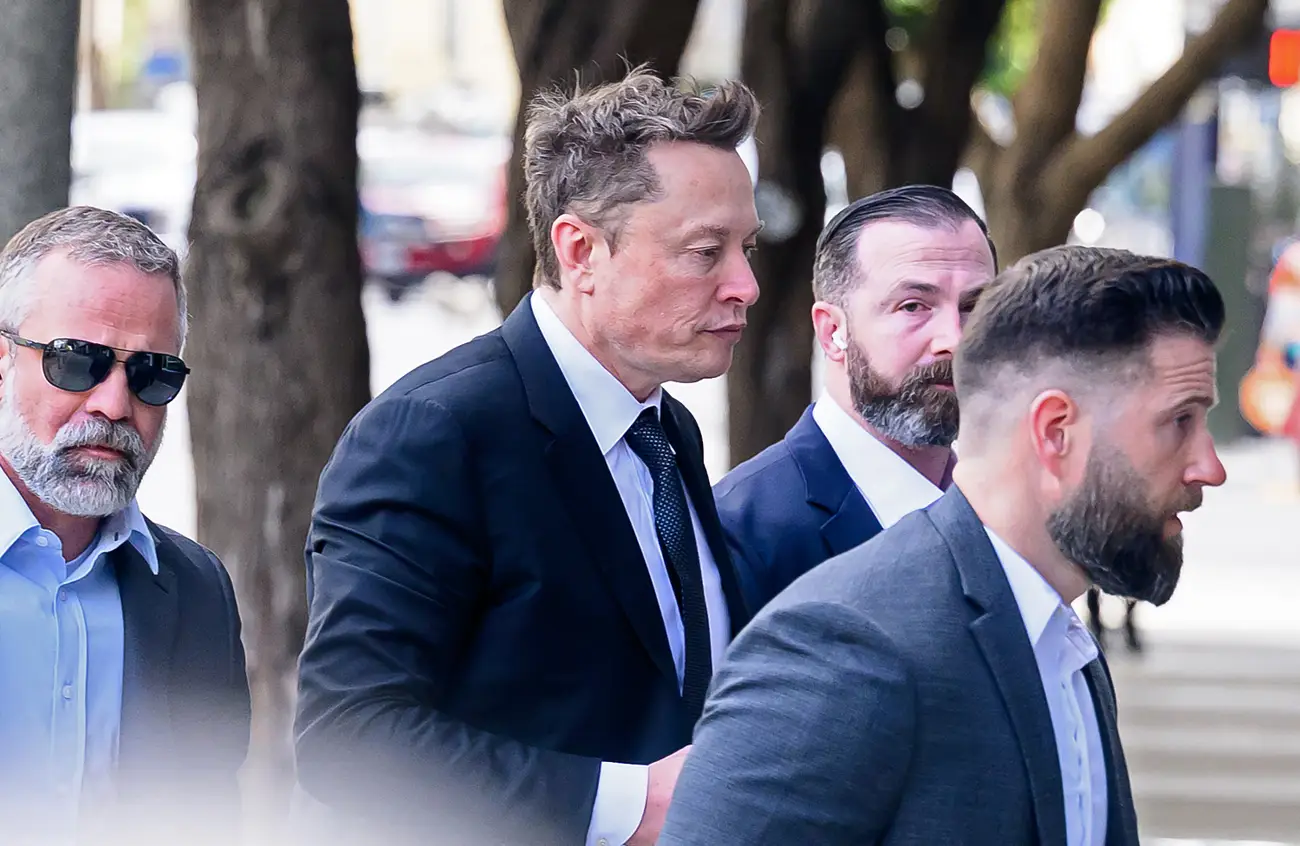
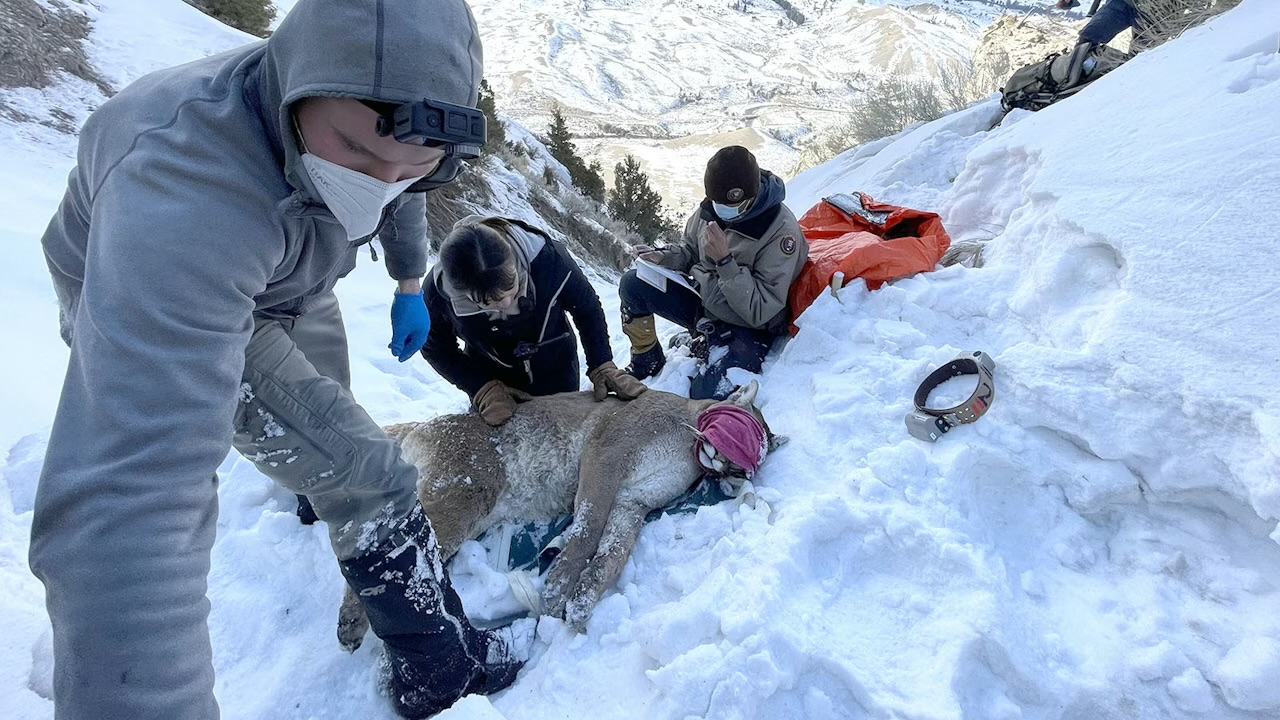
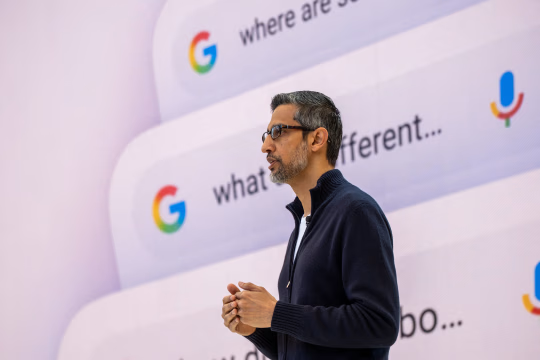




The latest news in your social feeds
Subscribe to our social media platforms to stay tuned